The first hospital in Vietnam sets an Asian record in the field of IVF
Tam Anh General Hospital in Ho Chi Minh City has just become the first hospital in Vietnam and Asia to be recognized by the Asian Record Organization for its ISO 5 standard embryology lab system following the “lab in lab” model, applied in gamete manipulation and embryo culture.
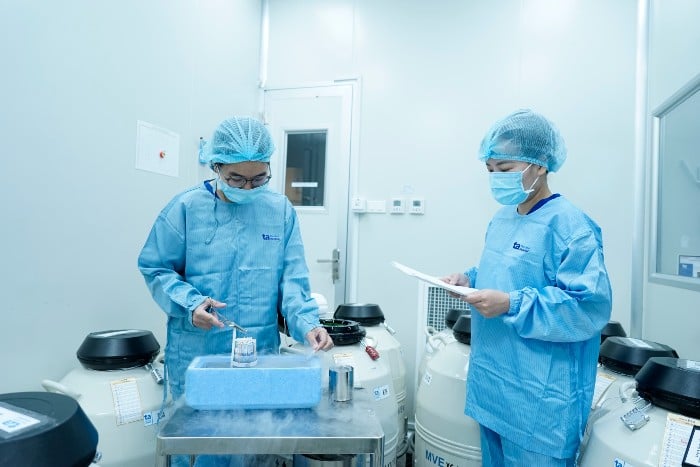 |
| According to international experts, infertility rates are increasing in many countries, especially in Asia. |
According to Mr. Biswaroop Roy Chowdhury, President of World Records Union, the record setting process was conducted strictly, including the process of comparing data with the record system in many Asian countries such as India, Indonesia, and Vietnam, to ensure that this was an achievement that had never been recognized before.
The medical advisory board of the Asia Record Organization with experts from many countries has closely evaluated all evidence on the techniques, procedures, treatment effectiveness and safety level of the lab system at Tam Anh Hospital.
Representative of the Vietnam Record Association, Professor Hoang Quang Thuan said that the record-setting process was carried out transparently and scientifically , from evaluating the lab design, operating procedures, IVF success rate, safety indicators to the ability to meet international standards.
This is the first time a medical facility in Asia has owned a “lab within a lab” model that meets the ISO 5 ultra-clean standard, a strict standard only applied in fields requiring extremely high air purity such as microchip and pharmaceutical production, and is now successfully applied in the field of assisted reproduction.
According to Associate Professor, Dr. Le Hoang, Director of the Center for Reproductive Support, Tam Anh Hospital, Hanoi, this modern lab system, along with the world's leading embryo creation and embryo culture technologies, has significantly increased the success rate in IVF, while allowing screening and transferring the best quality embryos, thereby improving treatment effectiveness for even difficult cases.
Not only investing in international standard lab infrastructure, Tam Anh Hospital also synchronizes all equipment and machinery for IVF, imported from countries with developed medicine such as Germany, USA, Japan and Denmark.
Many of the equipment here are of the latest generation, appearing for the first time in Vietnam or rare in the Southeast Asia region. In addition, the team of doctors and embryologists at the center are all experienced people, mastering sophisticated techniques such as prolonged embryo culture, genetic screening, weak gamete treatment and performing IVF for difficult infertility cases, repeated failures or unknown causes.
Another highlight is the comprehensive treatment strategy following the “three-legged stool” model, combining andrologists, obstetricians and gynecologists, and embryologists, along with individualized protocols for each patient, contributing to increasing the cumulative pregnancy rate over the years. Thanks to that, Tam Anh Reproductive Support Center has not only become the leading infertility treatment address in the country but also attracted many patients from the Asian region.
According to international experts, in the context of increasing infertility rates in many countries, especially in Asia, the fact that a Vietnamese hospital has set a record with an ISO 5 standard “lab in lab” lab system is a proud achievement, and at the same time opens up a great opportunity for the Vietnamese IVF industry to reach out to the world, approaching the most advanced reproductive medicine standards today.
Save time and money for patients and doctors thanks to electronic medical records
Thanh Oai General Hospital (Hanoi) has just held a conference to consult on the use and storage of electronic medical records, marking an important step in the journey to build a paperless hospital, towards a smart hospital model.
At the conference, the hospital announced the decision to establish a professional advisory council to evaluate the use of electronic medical records to replace paper records. The council is responsible for assessing the implementation conditions and advising on the process of using the electronic records system, storing images, tests and other medical data.
Immediately after its establishment, the Council conducted a field inspection and confirmed that Thanh Oai General Hospital fully met the requirements for technical infrastructure, two-way communication software (LIS, RIS-PACS), digital signatures and professional criteria as prescribed. The inspection results showed that the hospital was qualified to deploy electronic medical records to completely replace paper medical records.
According to Dr. Bach Ngoc Hoang, Director of Thanh Oai General Hospital, with a scale of 241 beds and more than 400 patients per day, the hospital has identified digital transformation, especially the implementation of electronic medical records, as a central and consistent goal. The application of information technology helps streamline the medical examination and treatment process, reduce waiting time, and at the same time improve the quality of service to the people.
“The implementation of electronic medical records is an important step in the process of digital transformation of healthcare at hospitals. Electronic records not only help reduce paperwork, improve the quality of medical data, ensure information security, but also create a foundation for connecting and sharing medical data nationwide. This is a necessary condition to build a modern, effective and continuous healthcare system, better serving the people's healthcare work,” Dr. Hoang emphasized.
Speaking at the Conference, Associate Professor, Dr. Tran Quy Tuong, Chairman of the Vietnam Medical Informatics Association, affirmed that the implementation of electronic medical records at Thanh Oai Hospital is a great success in administrative reform and improving the quality of medical examination and treatment.
Electronic records help store and manage patient information scientifically, allowing doctors to quickly access medical history anywhere via Internet-connected devices. This not only helps improve diagnostic accuracy, avoid unnecessary repetition of tests, but also significantly saves time and costs for both patients and doctors.
Associate Professor, Dr. Tran Quy Tuong also suggested that the hospital continue to improve regulations, update the software system, and promote training for medical staff in operating and effectively exploiting the electronic medical record system. He emphasized: "Mastering technology and digitizing the entire medical examination and treatment process will be an important foundation for moving towards a smart hospital model in the future."
With proactive and methodical steps, Thanh Oai General Hospital is becoming a bright spot in the digital transformation of grassroots healthcare in Hanoi, aiming to improve treatment efficiency, reduce paperwork and bring a convenient and modern medical examination and treatment experience to people.
Free health check-up for patients related to broken laser lithotripsy machine
The leader of the Central Highlands General Hospital (Dak Lak province) said that the unit has sent invitations to all patients involved in the incident of the broken laser lithotripsy machine but still declared to have lithotripsy performed, in order to re-examine their health status and promptly monitor any unusual signs, if any.
According to the announcement, the health check-up will be held from September 24 to October 3 at the Examination Department, 1st floor, Building A, Tay Nguyen General Hospital. Patients will be examined by a team of doctors specializing in Nephrology - Urology, in collaboration with doctors from other medical facilities.
The hospital commits to exempt all costs of examination, paraclinical testing and services related to the urinary system as well as related arising problems.
This move was made after the discovery of nearly 500 laser lithotripsy procedures, of which 255 were performed while the laser lithotripsy machine was broken, at the Central Highlands General Hospital. This information has attracted special attention from the public, raising concerns about the transparency and safety of medical examination and treatment activities here.
Regarding the incident, on September 20, the Dak Lak Provincial Department of Health reported to the Ministry of Health that the laser lithotripsy machine was broken, but the Central Highlands General Hospital still declared that it was providing lithotripsy services to patients.
In the report, the Department of Health requested the hospital to urgently review medical records, specifically record the medical condition and actual treatment methods for cases that did not receive laser lithotripsy during the time the equipment was broken.
At the same time, to ensure objectivity in examining and assessing patients' health, the Dak Lak Provincial Department of Health has directed three medical facilities including Phu Yen General Hospital, Thien Hanh Hospital and Buon Ma Thuot University of Medicine and Pharmacy Hospital to send specialist doctors to coordinate in participating in health examination and screening activities for related patients.
Given the serious developments of the incident, the Standing Committee of the Dak Lak Provincial Party Committee has assigned the Provincial Party Committee's Inspection Committee to conduct an inspection when there are signs of violations against the Standing Committee of the Party Committee of the Central Highlands General Hospital. At the same time, the Dak Lak Provincial Police Party Committee has been directed to continue investigating and handling the incident in accordance with the law, ensuring strictness, no forbidden areas, no exceptions.
Source: https://baodautu.vn/tin-moi-y-te-ngay-239-benh-vien-dau-tien-tai-viet-nam-xac-lap-ky-luc-chau-a-trong-linh-vuc-ivf-d391616.html



![[Photo] Prime Minister Pham Minh Chinh receives President of Cuba's Latin American News Agency](/_next/image?url=https%3A%2F%2Fvphoto.vietnam.vn%2Fthumb%2F1200x675%2Fvietnam%2Fresource%2FIMAGE%2F2025%2F12%2F01%2F1764569497815_dsc-2890-jpg.webp&w=3840&q=75)



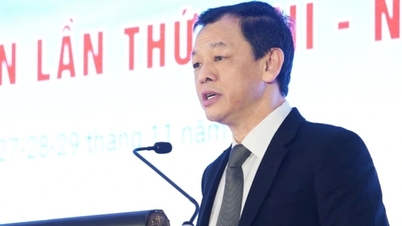

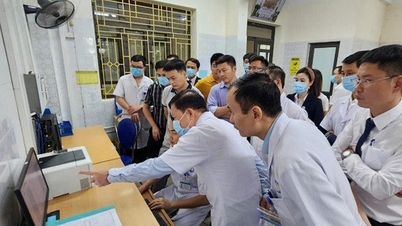

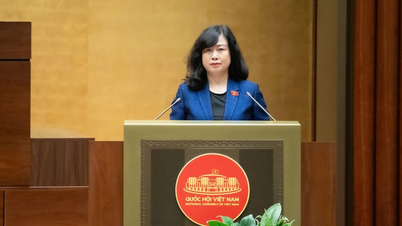

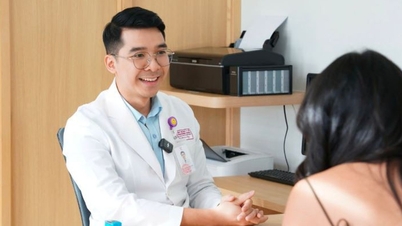


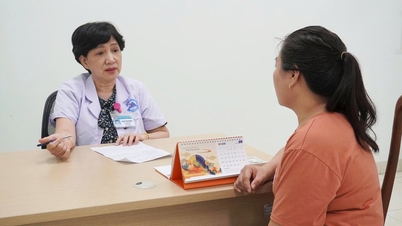

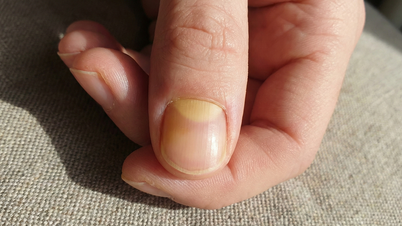
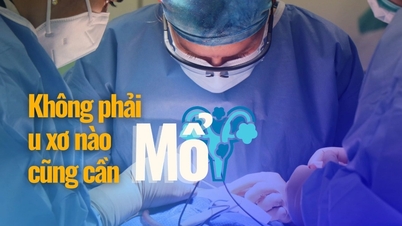
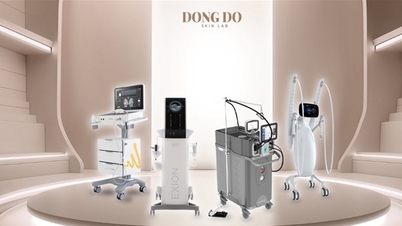



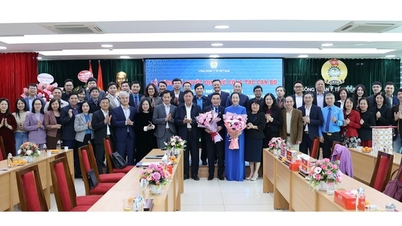
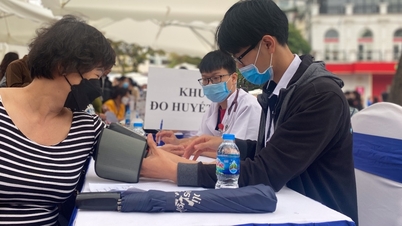








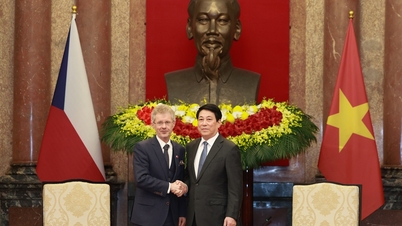








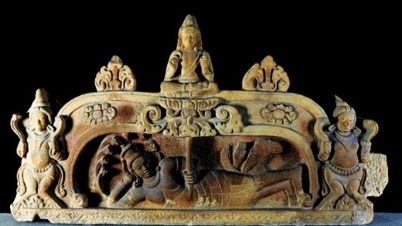



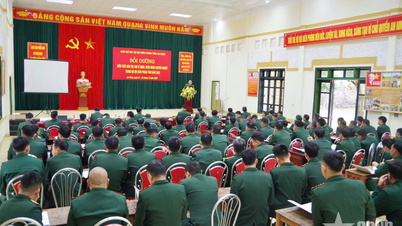


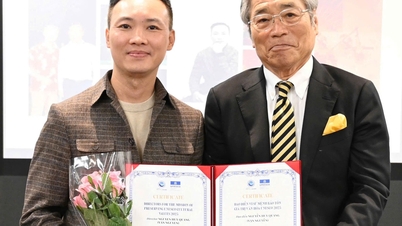






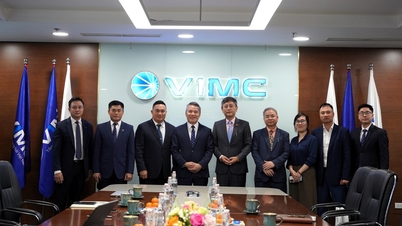





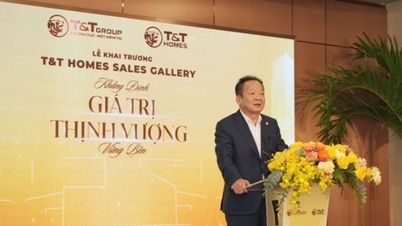















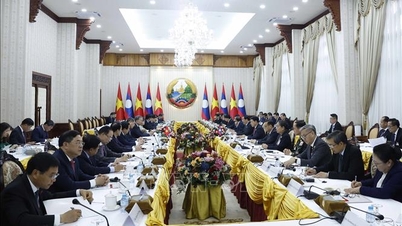



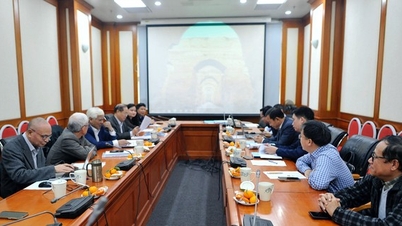
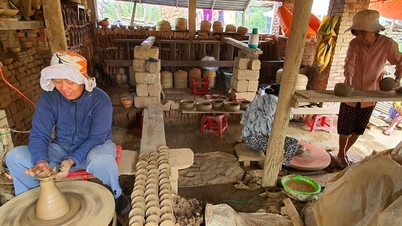


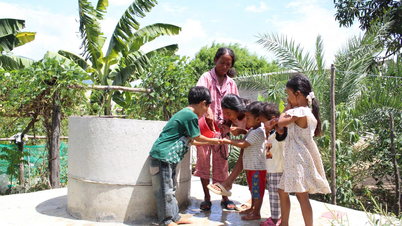

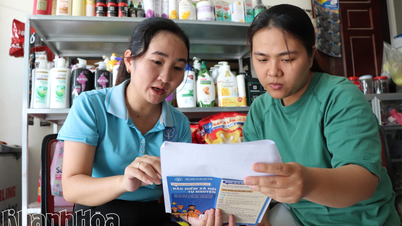
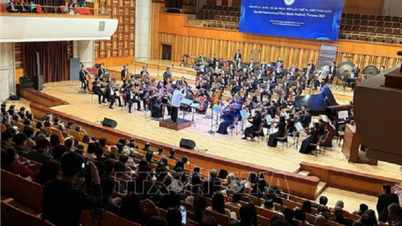


















Comment (0)